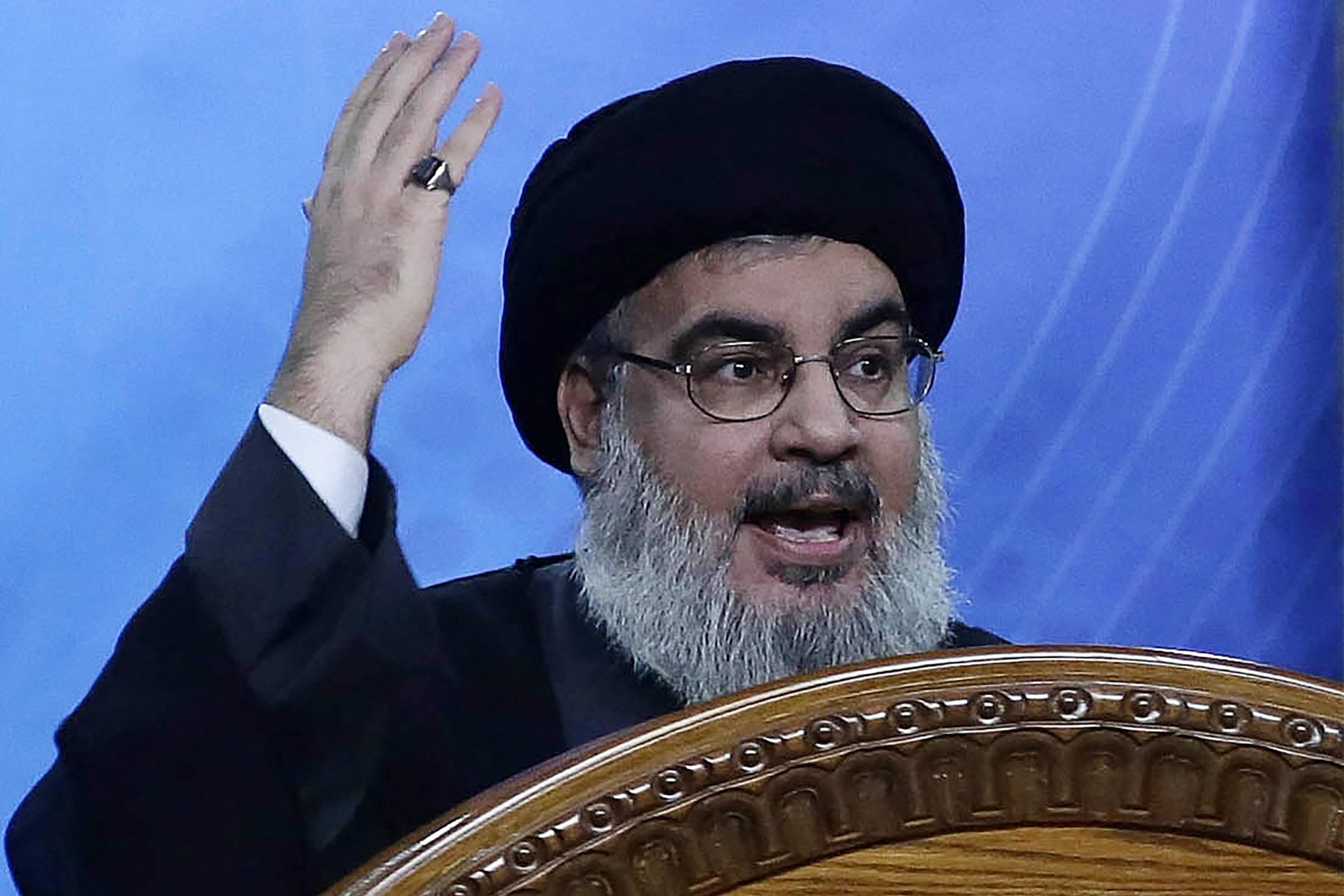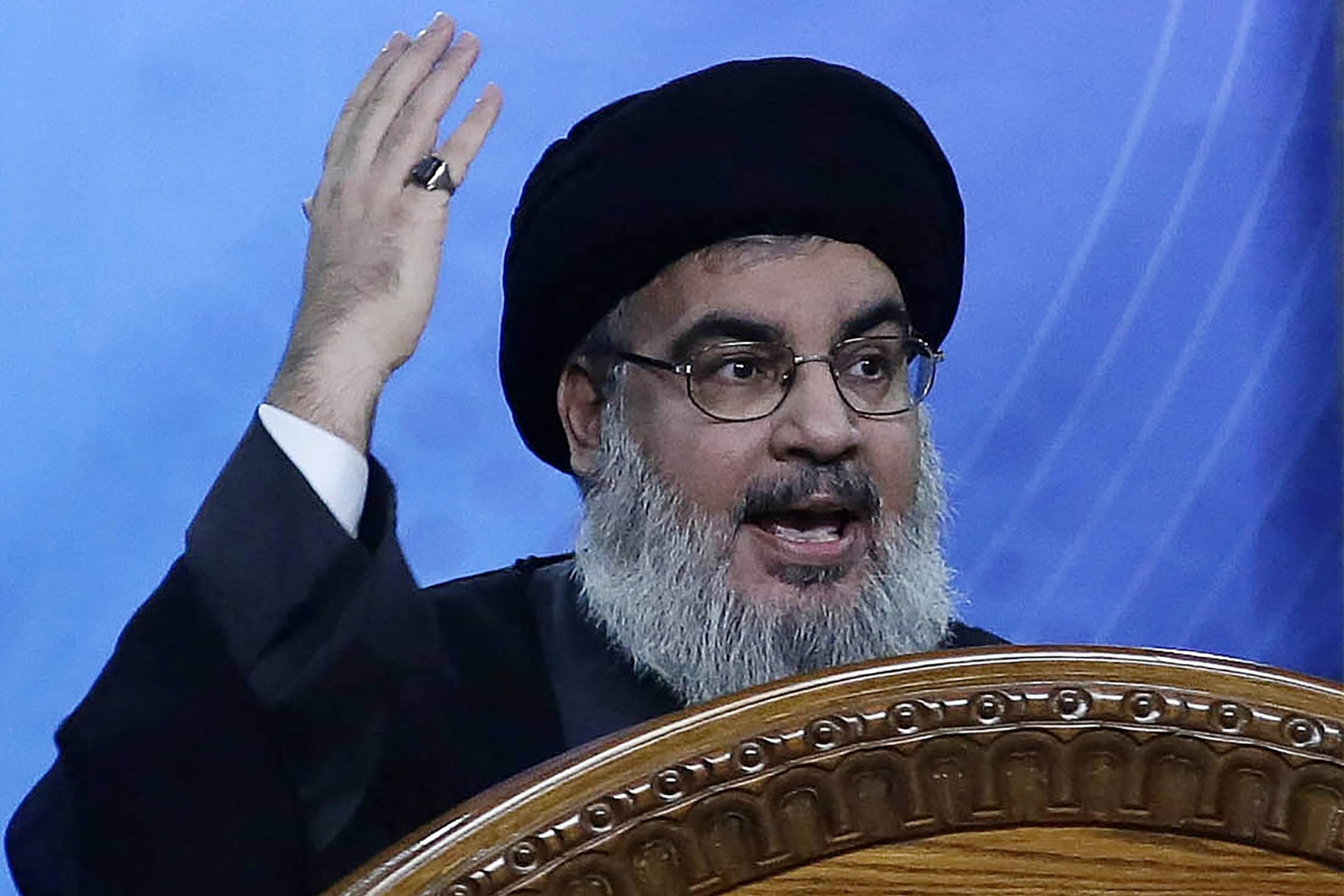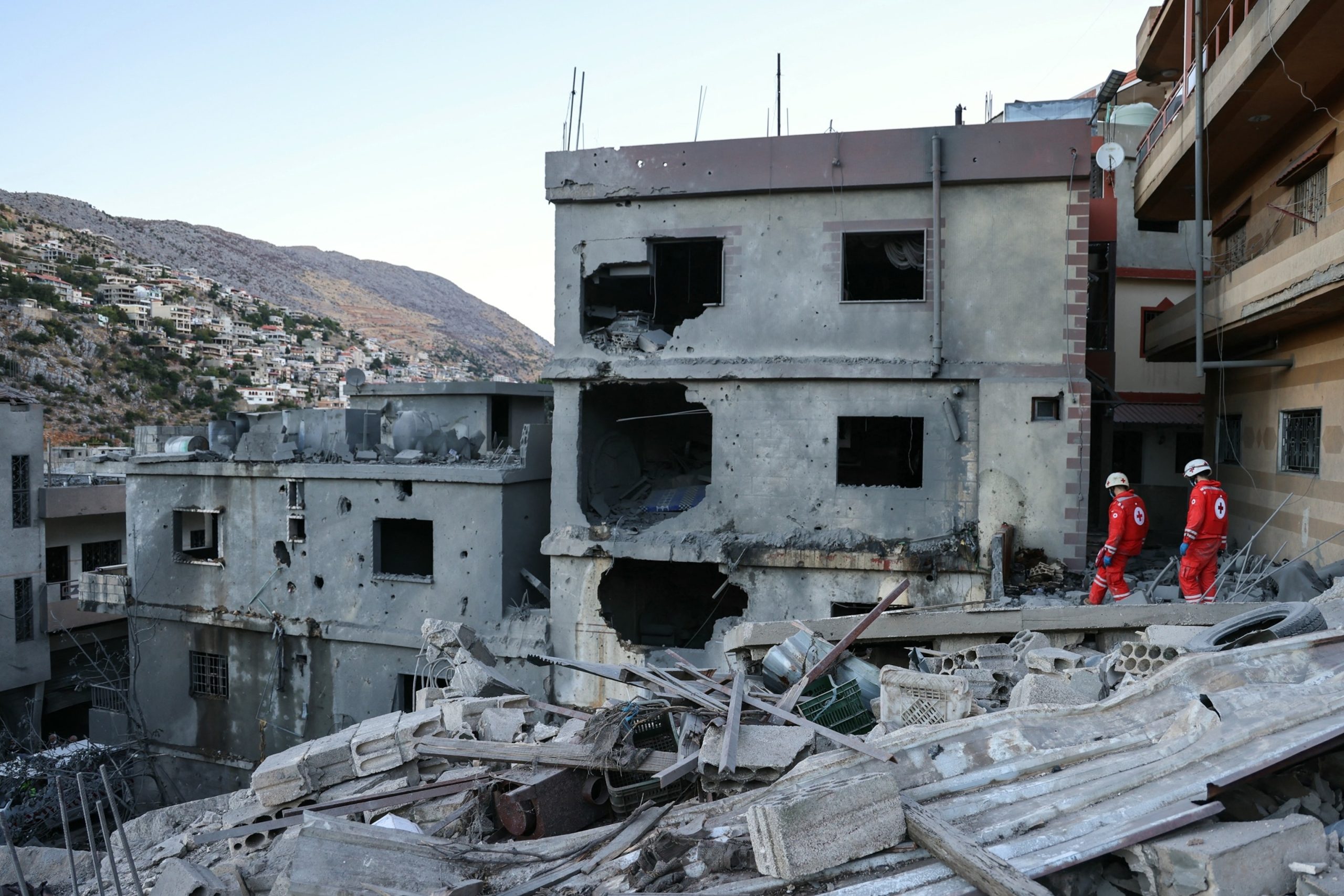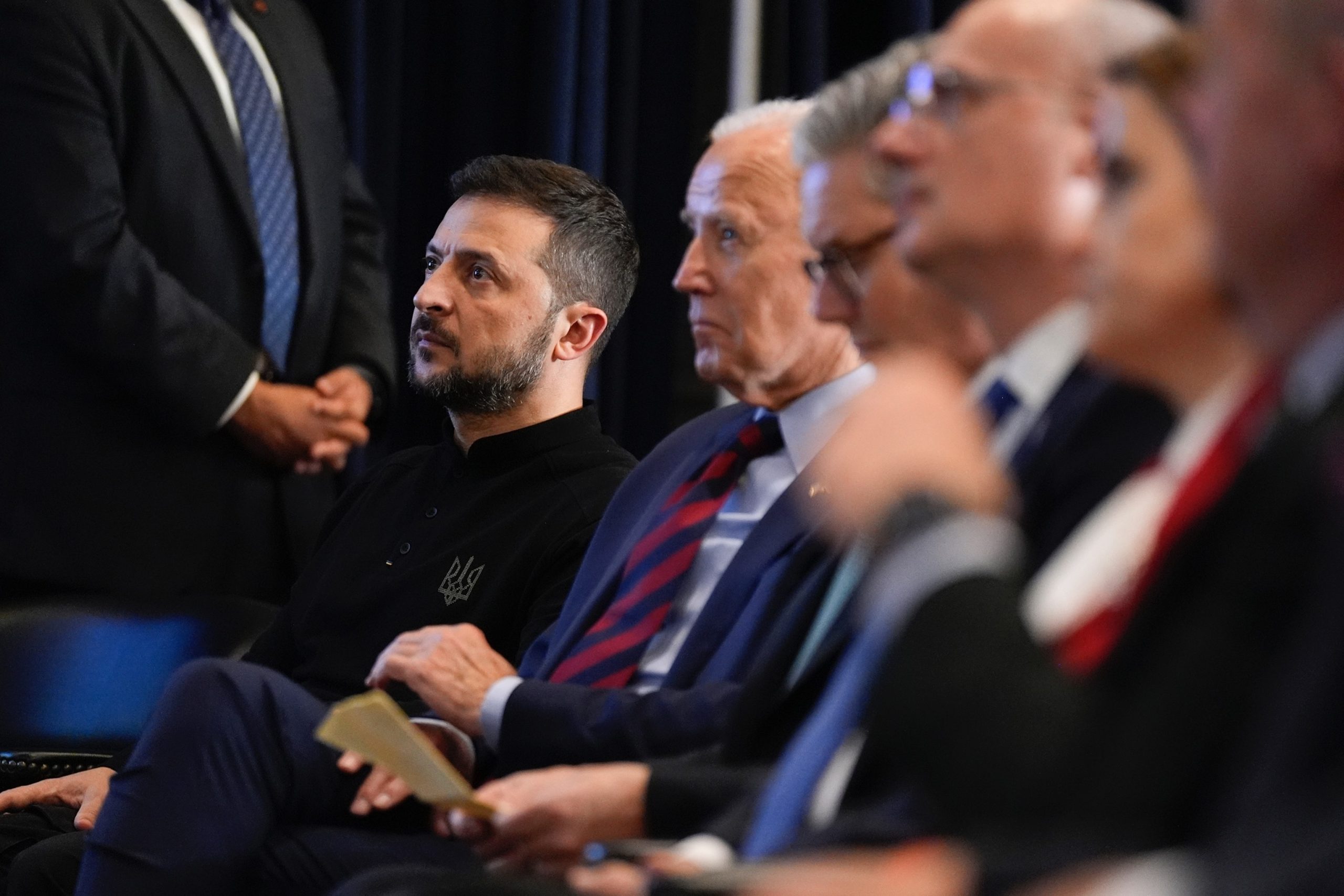LONDON — The Israeli Defense Forces have announced that Hezbollah leader Hassan Nasrallah has been killed after airstrikes in Beirut, officials said.
“The IDF announces that yesterday (Friday), September 27th, 2024, Hassan Nasrallah, the leader of the Hezbollah terrorist organization and one of its founders, was eliminated by the IDF, together with Ali Karki, the Commander of Hezbollah’s Southern Front, and additional Hezbollah commanders,” the IDF said in a statement issued on Saturday morning.
Following “precise intelligence from the IDF and Israeli security establishment,” the IDF said that IAF fighter jets conducted a targeted strike on the Central Headquarters, located underground embedded under a residential building in the area of Dahieh in Beirut.
“The strike was conducted while Hezbollah’s senior chain of command were operating from the headquarters and advancing terrorist activities against the citizens of the State of Israel,” the IDF said.

The head of Lebanon’s militant Shiite Muslim movement Hezbollah Hassan Nasrallah speaks on July 25, 2014, during a rare public appearance at a gathering to mark the “Al-Quds (Jerusalem) International Day” from Beirut’s southern suburbs. A source close to Lebanon’s Hezbollah group said on September 28 that contact had been lost since last evening with chief Hassan Nasrallah, after Israel said it had “eliminated” him in a strike on the group’s southern Beirut bastion
Anwar Amro/AFP via Getty Images
“During Hassan Nastallah’s 32-year reign as the Secretary-General of Hezbollah, he was responsible for the murder of many Israeli civilians and soldiers, and the planning and execution of thousands of terrorist activities,” the IDF statement read. “He was responsible for directing and executing terrorist attacks around the world in which civilians of various nationalities were murdered. Nasrallah was the central decision-maker and the strategic leader of the organization.”
“The Hezbollah terrorist organization, headed by Hassan Nasrallah, joined the Hamas terrorist organization in its war against the State of Israel on October 8th,” the IDF said. “Since then, Hezbollah has been continuing its ongoing and unprovoked attacks on the citizens of the State of Israel, dragging the State of Lebanon and the entire region into a wider escalation.”
The IDF said that they will continue to operate “against anyone who promotes and engages in terrorism against the State of Israel and its people.”
This is a developing story. Please check back for updates.
The Israel Defense Forces (IDF) have reported that Hezbollah leader Hassan Nasrallah has been killed in a series of airstrikes in Beirut. Nasrallah, who has been the leader of the Lebanese militant group since 1992, was reportedly targeted in a precision strike on his residence in the southern suburbs of the city.
The IDF has not provided specific details on the operation that led to Nasrallah’s death, but they have confirmed that he was the primary target of the airstrikes. The Israeli government has hailed the operation as a major victory in their ongoing conflict with Hezbollah, which has been designated as a terrorist organization by Israel and several other countries.
Hezbollah, which is backed by Iran, has been a key player in the ongoing conflict in the Middle East, particularly in Syria and Lebanon. The group has been responsible for numerous attacks against Israeli targets over the years, and Nasrallah was seen as a major figure in the organization’s leadership.
The news of Nasrallah’s death has sent shockwaves through the region, with many analysts predicting that his demise could lead to a power vacuum within Hezbollah and potentially destabilize the already volatile situation in Lebanon. The Lebanese government has yet to issue a statement on the reports of Nasrallah’s death, but it is likely that they will face pressure from both domestic and international actors to respond to the situation.
The IDF’s operation to target Nasrallah comes at a time of heightened tensions in the region, with Israel recently launching airstrikes against Iranian targets in Syria. The Israeli government has made it clear that they will not tolerate any threats to their security, and Nasrallah’s death is seen as a major blow to Hezbollah’s capabilities to carry out attacks against Israel.
It remains to be seen how Hezbollah will respond to the loss of their leader, but it is likely that they will seek to retaliate against Israel in some form. The situation in the Middle East is fluid and unpredictable, and Nasrallah’s death is likely to have far-reaching implications for the region as a whole.



